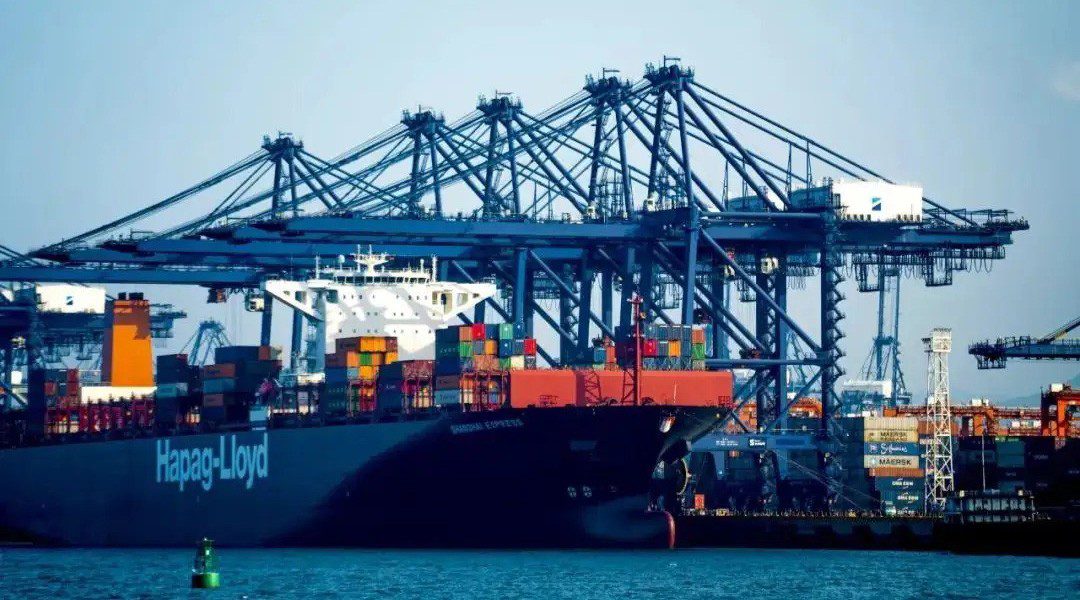That the regulation on waiting times at /unloading, introduced by the latest infrastructure decree, would create tensions among the players in the logistics supply chain has been evident for some time. This perspective must be used to read a recent note issued by Confartigianato Trasporti to underline the non-derogability of the new law.
The initiative was created to counter some “widespread false normative reconstructions” and “derogatory practices to escape the new rules”, with the intent to “clarify and re-establish the truth about what happened”.
For Confartigianato “the rules on waiting times for loading and unloading goods and payment times were supported and desired to correct those distortions, which have now often become established practice, of considering road haulage the weak link in a chain on which to unload the inefficiencies of the logistics sector and, at the same time, it is asked to be performant and ‘cost little’. It is good to highlight, for the benefit of all, that the situation that has been created is unsustainable and incompatible with the signing of the Ccnl and collective labor agreements, with legality and safety protocols for workers and drivers, with road safety, with compliance with social regulations”.
According to the association, therefore, the rule that provides for the payment to the haulier of 100 euros per hour for waiting times exceeding 90 minutes must be considered “a fundamental piece in building a supply chain relationship in which all parties are valued, starting with the hauliers who are the ones who guarantee the mobility of goods and the supply and replenishment of industries, production sites, logistics, and distribution centers of any type of goods. This is why Confartigianato Trasporti believes it is essential that all players in the supply chain, primarily the hauliers, work for the full application of the regulatory provisions and consider them a great trade union achievement to the full advantage of market regularity, to protect the health of workers and road and social safety. The rules in question are directly applicable and effective and, by the precise will of the legislator, cannot be derogated from by the contractual autonomy of the parties”.




